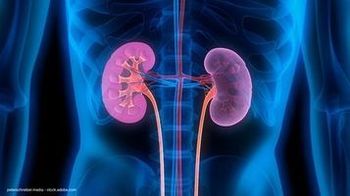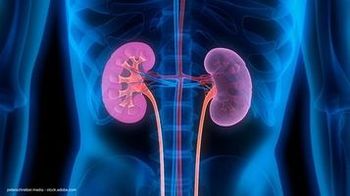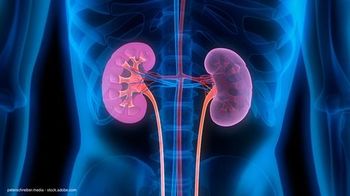
Physicians may not yet accept prostate Ca chemopreventive agent
Although finasteride (Proscar) was shown to be effective in reducing the incidence of prostate cancer in the Prostate Cancer Prevention Trial (PCPT), physicians apparently have not embraced the use of the agent for this indication, according to a recent study.
Although finasteride (Proscar) was shown to be effective in reducing the incidence of prostate cancer in the Prostate Cancer Prevention Trial (PCPT), physicians apparently have not embraced the use of the agent for this indication, according to a recent study.
In a study of men in the Veterans Health Administration (VHA) from January 2000 to December 2005, the number of men starting finasteride increased over 5 years, but the change did not seem to be due to increased use for chemoprevention of prostate cancer. The publication of the PCPT seemed to have little influence on prescriptions over the study period (p=.45).
Fifty-seven percent of urologists and 40% of primary care physicians endorsed prescribing finasteride more frequently in 2006 than 5 years prior. However, among those who reported changing prescribing patterns, less than 2% reported being influenced by the trial, reported the researchers, led by Linda S. Kinsinger, MD, MPH, of the VHA National Center for Health Promotion and Disease Prevention, Durham, NC.
Additionally, 64% of urologists and 80% of primary care physicians never prescribe finasteride for prostate cancer chemoprevention, 55% of urologists cited concerns of inducing high-grade tumors, and 52% of primary care physicians did not know the drug could be used for chemoprevention.
Results from the study were published in Cancer Epidemiology, Biomarkers & Prevention (2010; 19:2164-71).
Newsletter
Stay current with the latest urology news and practice-changing insights — sign up now for the essential updates every urologist needs.





